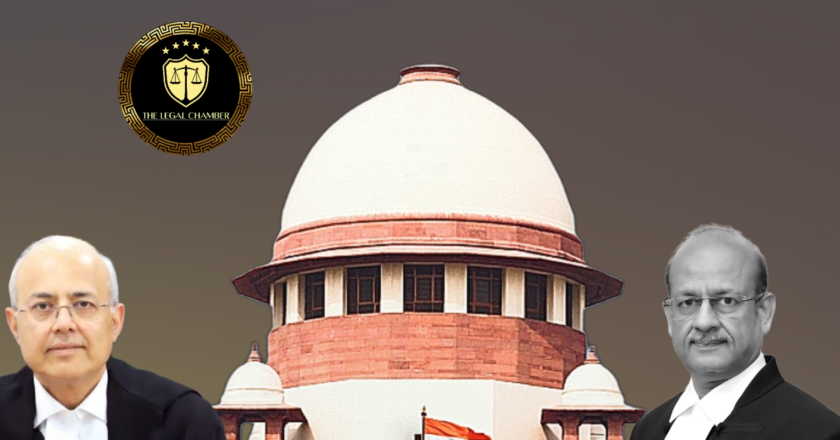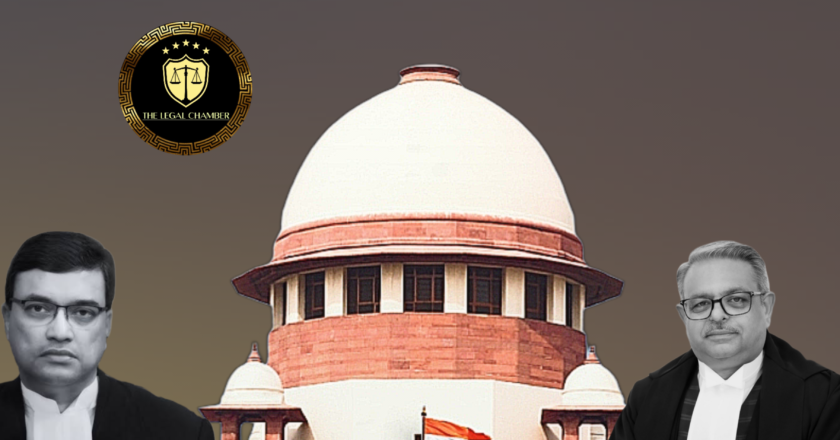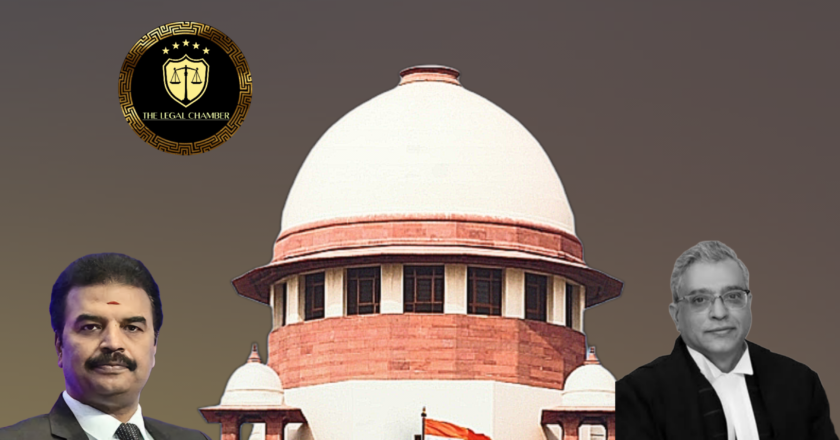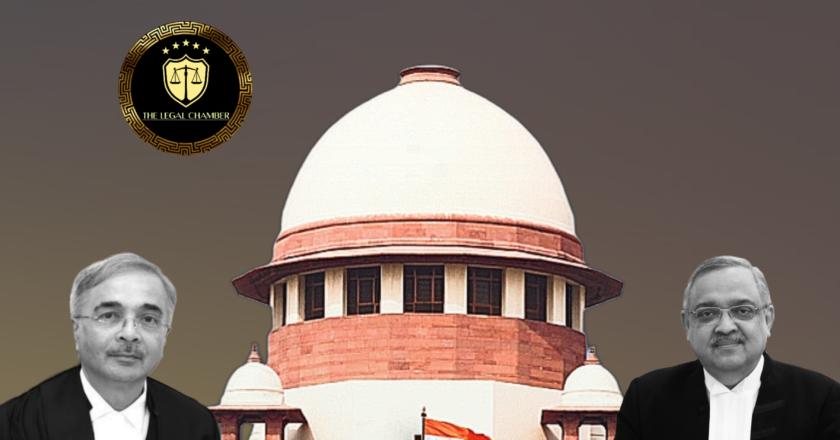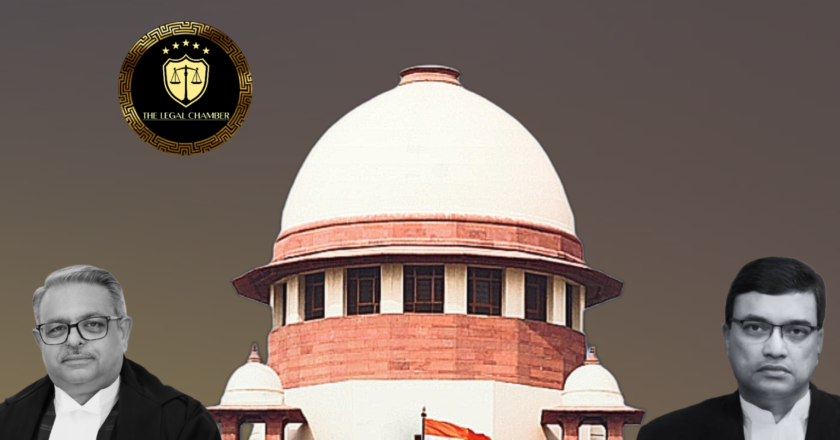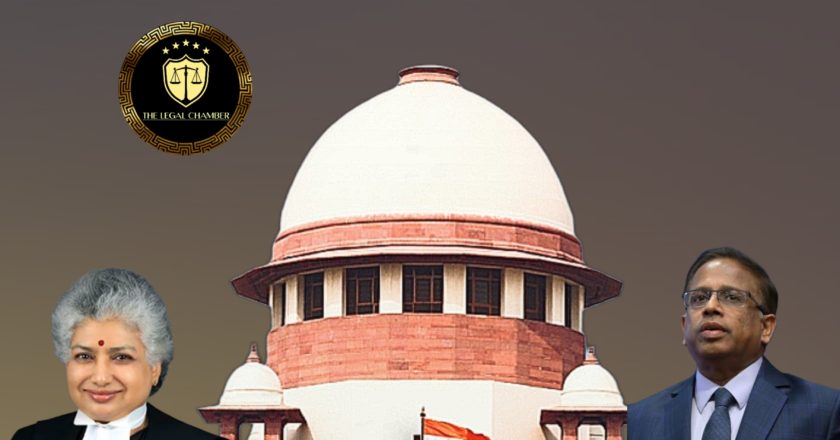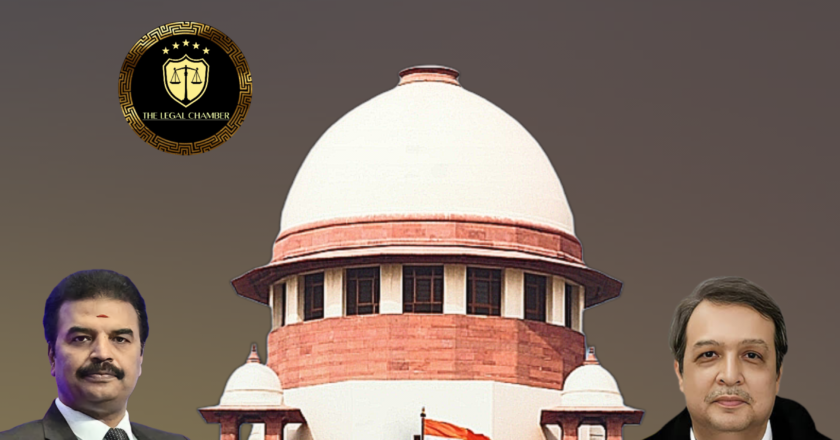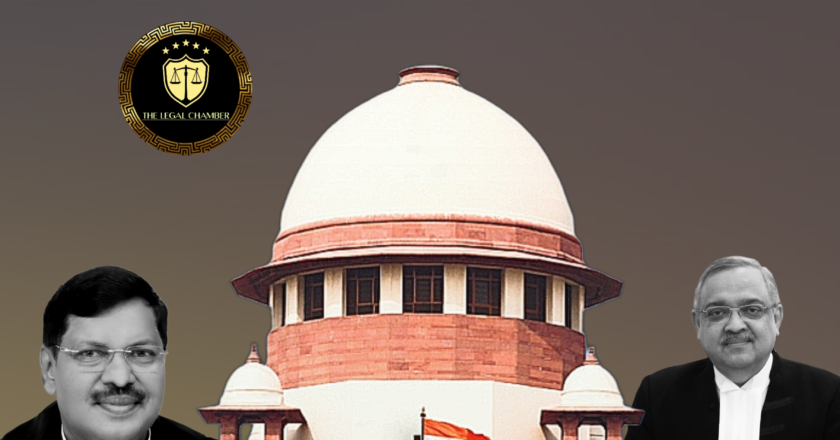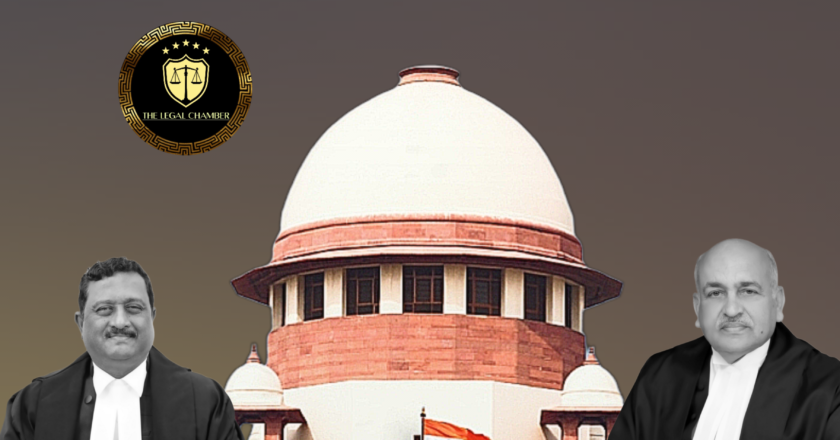Supreme Court Acquits Village Assistant: Merely Accepting Bribe Isn’t Enough
The Supreme Court upheld the conviction of the main accused under Sections 7 and 13 of the Prevention of Corruption Act, 1988, as demand and acceptance of illegal gratification were proven. However, the conviction of the co-accused was set aside due to the absence of a specific charge of abetment and lack of evidence proving his connivance or independent demand for the bribe.
Facts Of The Case:
The case involved two government officials, A. Karunanithi (A-1), the Village Administrative Officer, and P. Karunanithi (A-2), the Village Assistant. The complainant approached A-1 to obtain a necessary community certificate for a government job. On two separate occasions, A-1 demanded a bribe of Rs. 500 from the complainant to process the application. The complainant subsequently lodged a formal...

